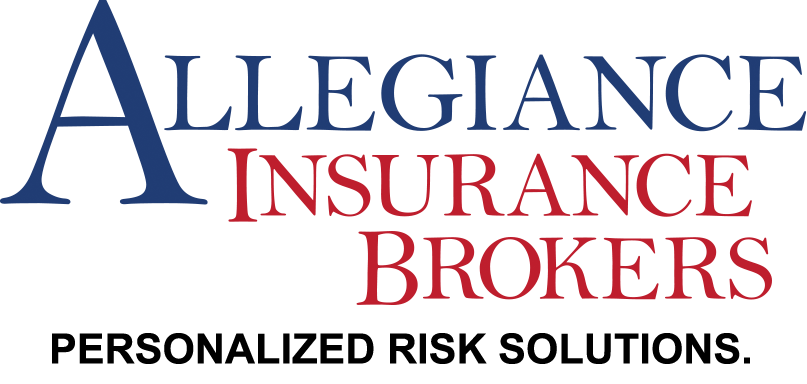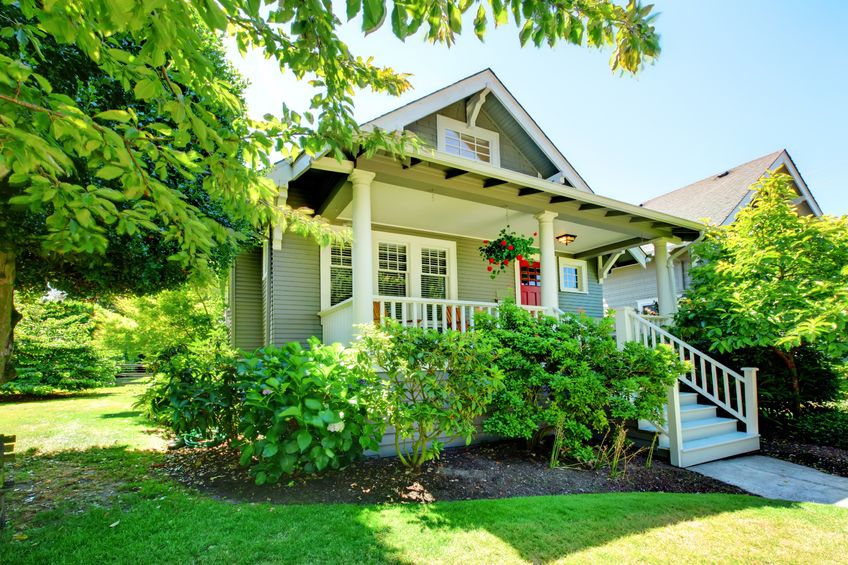
HOME OWNERS Insurance
Homeowners insurance provides financial protection in the event that your home or its contents are damaged. It also provides protection if you or a family member are held legally responsible (liable) for the injuries to others or damage to their property. It’s also required by most mortgage lenders.
What most standard homeowners policies provide
- Dwelling coverage. Pays to repair or rebuild your home – including electrical wiring, plumbing, and heating and air conditioning – if damaged by a covered cause of loss. It’s important to buy enough dwelling coverage to cover the cost to rebuild. Learn more about cost to rebuild.
- Other structures coverage. Pays for damages to detached structures like garages, sheds, fences and cottages on your property.
- Personal property coverage. Reimburses you for the personal items in your home that may be damaged or destroyed by a covered cause of loss, which could include your furniture, clothes, sporting goods and electronics. Learn more about Travelers Personal Property insurance.
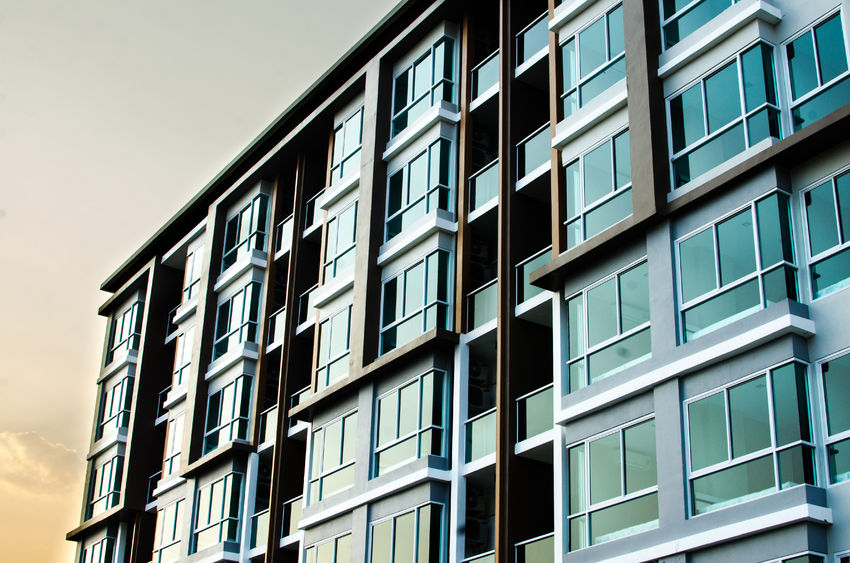
Condo/ Co-Opp Insurance
The articles of the condominium association and state law determine exactly what’s covered under the association’s master insurance policy.
In most cases the association’s coverage stops after the exterior walls meaning that you are responsible for the interior walls and possibly for fixtures, as well as your personal property and liability. This is where your own personal condo policy would come in. Most policies will include coverage for losses arising from:
- Fire or Lightning
- Windstorm
- Smoke
- Vandalism or Malicious Mischief
- Theft
- Accidental Discharge of Water
Condominium policies help protect your personal property and the interior of your unit. You will also have liability protection for bodily injury or property damage to others.
FLOOD Insurance
To understand what flood insurance covers, you need to know three things first:
1. Standard homeowners insurance doesn’t cover flood damage at all. It’ll cover some damage from rain, but if your home is filled with water as a result of rising bodies of lakes, rivers, streams, and oceans, it won’t cover you.
2. The most common flood insurance is offered through the federally regulated program known as the National Flood Insurance Program (NFIP). It has two policies:
- One that covers your actual home (building property) up to $250,000
- One that covers your personal property up to $100,000
- You can buy one or both.
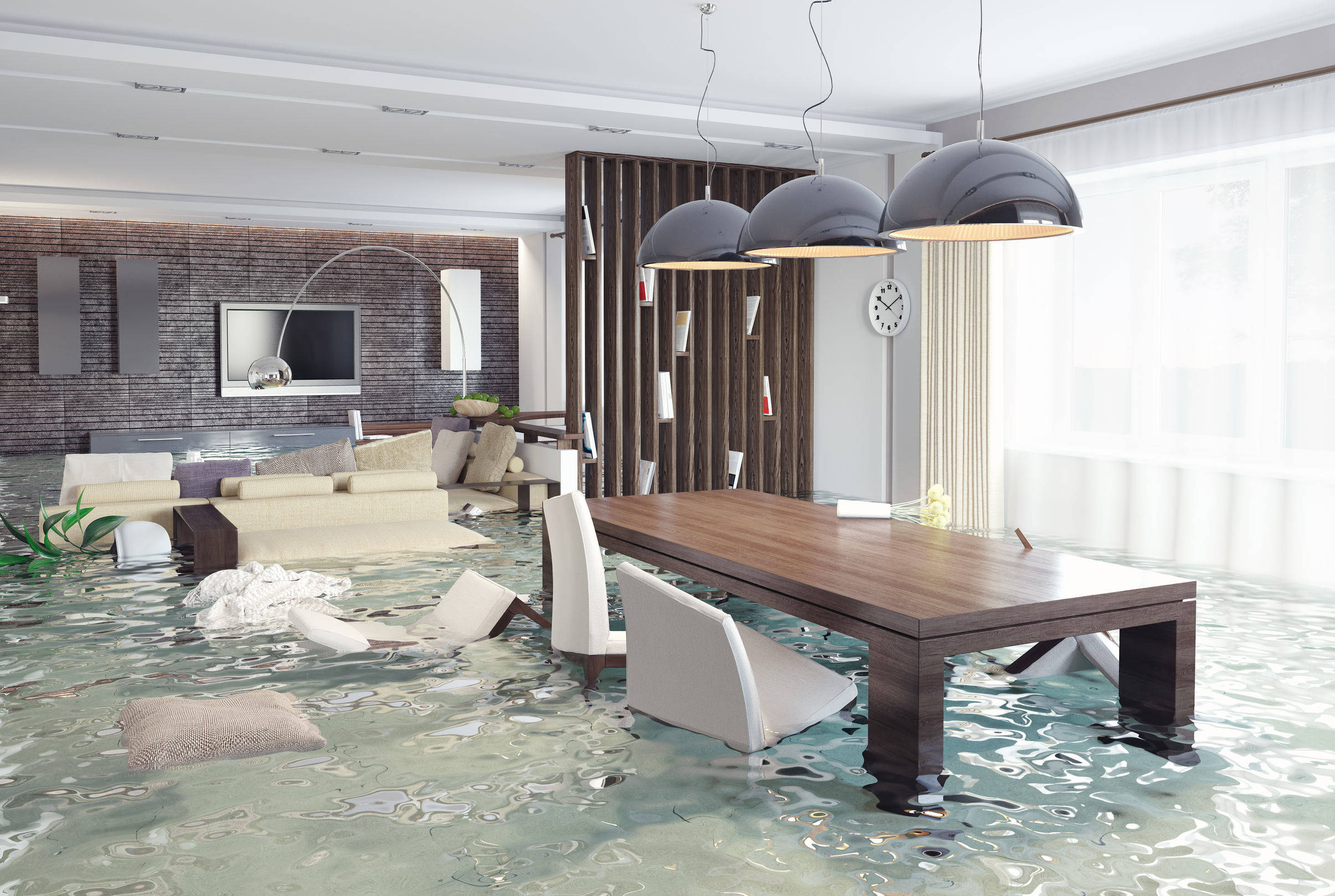

MORTGAGE Insurance
Mortgage insurance lowers the risk to the lender of making a loan to you, so you can qualify for a loan that you might not otherwise be able to get. Typically, borrowers making a down payment of less than 20 percent of the purchase price of the home will need to pay for mortgage insurance. Mortgage insurance lowers the risk to the lender of making a loan to you, so you can qualify for a loan that you might not otherwise be able to get. But, it increases the cost of your loan.
There are several different kinds of loans available to borrowers with low down payments. Depending on what kind of loan you get, you’ll pay for mortgage insurance in different ways:
If you get a conventional loan, your lender will arrange for mortgage insurance with a private company. Private mortgage insurance rates vary by down payment amount and credit score but are generally cheaper than FHA rates for borrowers with good credit. Most private mortgage insurance is paid monthly, with little or no initial payment required at closing.
If you get a Federal Housing Administration (FHA) loan, your mortgage insurance premiums are paid to the Federal Housing Administration (FHA). FHA mortgage insurance is required for all FHA loans. It costs the same no matter your credit score, with only a slight increase in price for down payments less than five percent. FHA mortgage insurance includes both an upfront cost, paid as part of your closing costs, and a monthly cost, included in your monthly payment.
If you don’t have enough cash on hand to pay the upfront fee, you are allowed to roll the fee into your mortgage instead of paying it out of pocket. If you do this, your loan amount and the overall cost of your loan will increase.
If you get a US Department of Agriculture (USDA) loan, the program is similar to the Federal Housing Administration, but typically cheaper. You’ll pay for the insurance both at closing and as part of your monthly payment. Like with FHA loans, you can roll the upfront portion of the insurance premium into your mortgage instead of paying it out of pocket, but doing so increases both your loan amount and your overall costs.
If you get a Department of Veterans’ Affairs (VA) loan, the VA guarantee replaces mortgage insurance, and functions similarly. With VA loans, there is no monthly mortgage insurance premium. However, you will pay an upfront “funding fee.” The amount of that fee varies based on:
- Your type of military service
- Your down payment amount
- Your disability status
- Whether you’re buying a home or refinancing
- Whether this is your first VA loan, or you’ve had a VA loan before
Like with FHA and USDA loans, you can roll the upfront fee into your mortgage instead of paying it out of pocket, but doing so increases both your loan amount and your overall costs.
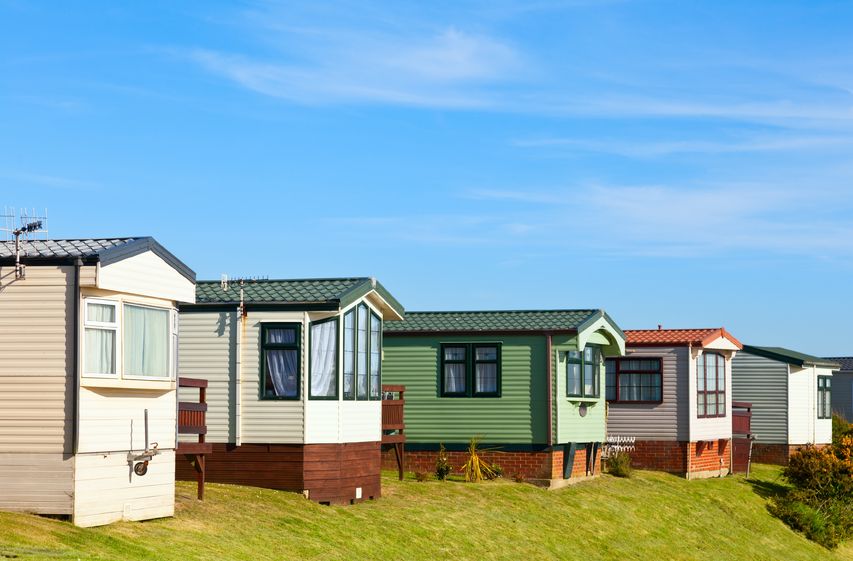
MOBILE HOME Insurance
You can help protect your mobile or manufactured home, your belongings and your family. The coverage for mobile and manufactured homes is similar to a homeowners insurance policy, but there are some differences.
When you’re thinking about purchasing insurance for your mobile or manufactured home, it’s helpful to understand what your policy protects.
- Dwelling (home structure)
This type of insurance is what can help protect the physical structure of your home, like the walls and the roof.
- Other structures
This type of insurance can help protect the physical structure of buildings on your property that are separate from your home, such as a shed or a stand-alone garage.
- Personal property
Personal property coverage can help protect the belongings inside your home, which can include belongings like furniture, bicycles, stereos and more. If these belongings are stolen or damaged outside of your home, personal property coverage could also help you replace them.
- Liability protection
Liability insurance can help protect you if someone makes a claim against you or sues you for damages after being injured on your property.
- Guest medical protection
This type of coverage can help cover the cost of medical expenses for a person who’s injured on your property.

RENTERS Insurance
Even if you don’t own a home, unexpected events may arise. While you may not always be able to prevent certain situations, such as a break-in or visitor’s injury, you may be able to help minimize the impact. Whether you’re renting a single-family home or an apartment, renters insurance may help protect you in important ways. Here’s a look at some key coverages that a typical renters insurance policy may include.
Think of everything you own. The value of your belongings can quickly add up. Personal property coverage, a typical component of renters insurance, may help cover the cost of replacing your stuff if it’s unexpectedly damaged or ruined.
- Liability coverage is another protection typically offered in a renters insurance policy. This coverage may help protect you from paying out of pocket for certain costs if you are found legally responsible for injuries to other people or damage to their property.
You probably don’t expect an accident to occur, but if, for instance, your child throws a ball through a neighbor’s window or you’re held responsible for medical bills after a guest trips and falls over something in your home, liability coverage may help cover the costs.
